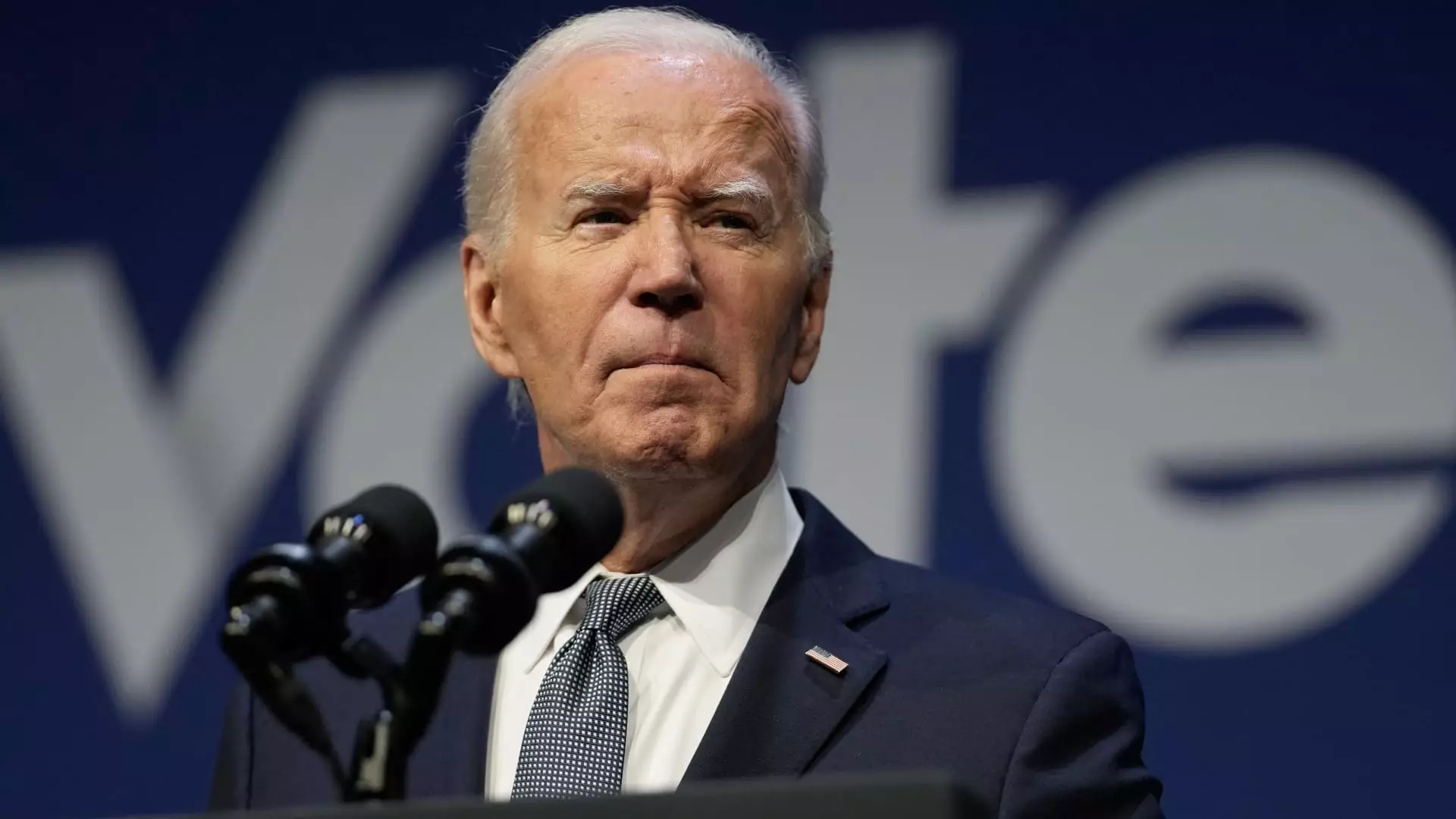In a surprising turn of events, U.S. President Joe Biden has officially exited the race for reelection and endorsed Vice President Kamala Harris as the Democratic Party’s nominee. This unexpected announcement on Sunday has sent ripples through the political arena, both domestically and internationally. Biden, who faced mounting pressure from within his own party following a lackluster debate performance, has effectively reshaped the electoral landscape, prompting reactions from global leaders who have lauded his contributions while expressing their concerns about the future direction of American politics.
The decision to step aside is not just a personal choice for Biden; it represents a strategic maneuver reflecting the pressing realities of contemporary American politics. In an era characterized by hyper-partisanship and shifting voter sentiments, Biden’s departure underscores the challenges faced by incumbent leaders who must navigate complex political terrains. While some may argue that a sitting president should continue to campaign vigorously, Biden’s decision seems to stem from a pragmatic desire to preserve party unity and focus on the best interests of the nation during a tumultuous time.
The reactions from international leaders have highlighted Biden’s complex legacy on the world stage. Canadian Prime Minister Justin Trudeau, who referred to Biden as “a true friend,” emphasized their longstanding partnership while expressing gratitude to the President and the First Lady. Similarly, UK Prime Minister Keir Starmer noted that Biden’s choice was likely motivated by the well-being of Americans, foreshadowing ongoing collaboration between the two nations.
Poland’s President Donald Tusk and Czech Prime Minister Petr Fiala acknowledged the “great difficulty” of Biden’s decision, recognizing it as part of his commitment to democratic principles and international safety. Their comments suggest a deep reverence for Biden’s leadership as they express concerns about the ramifications of his departure from the electoral race.
While Biden may have enjoyed the support of international allies, his administration has also faced serious challenges that may have influenced his decision. The Biden administration’s endorsement of Israel during its recent conflicts with Hamas has been a focal point of criticism both domestically and internationally, consuming significant political capital. The weight of foreign policy decisions appears to have compounded the pressures on Biden, leading to a moment where stepping aside may function as a mechanism for national and international healing.
Furthermore, with the ongoing crisis in Ukraine, Biden’s unwavering support for Ukraine against Russian aggression has been a hallmark of his presidency. Ukrainian President Volodymyr Zelenskyy underscored this support, emphasizing that Biden’s leadership proved crucial during Ukraine’s most challenging moments. However, ongoing international conflicts continue to shape public perception of Biden’s efficacy as a leader, which may have contributed to his reevaluation of a second term.
The landscape of American politics is now in a state of flux. Biden’s endorsement of Harris presents both an opportunity and a risk for the Democratic Party. While it may provide a sense of continuity, Harris will now have to delineate her vision in a way that resonates with voters eager for change. Former President Barack Obama praised Biden’s decision-making, acknowledging the political landscape’s nuances and the courage it takes to adjust one’s path for the greater good.
As the timeline before elections continues to unfold, Kremlin officials have commented on the unpredictability of this shift, which may impact global diplomatic relations. The Kremlin’s focus remains on its strategic objectives rather than the consequences of Biden’s decision, highlighting the complexities of geopolitical interests intertwined with domestic U.S. politics.
Joe Biden’s unexpected withdrawal from the 2024 presidential race marks a significant turning point in both American and global politics. His actions have stirred dialogues about leadership, responsibility, and the future direction of the Democratic Party. While he passes the torch to Kamala Harris, the implications of this decision will resonate throughout the political landscape, shaping the narrative as the country moves towards a pivotal election year. As various factions within the political spectrum respond, the coming months will prove crucial in determining the legacy of Biden’s presidency and the future of the Democratic Party.


Leave a Reply